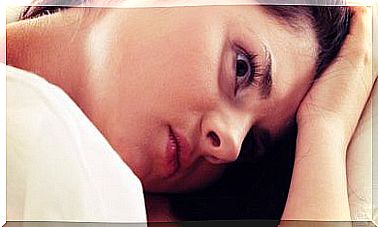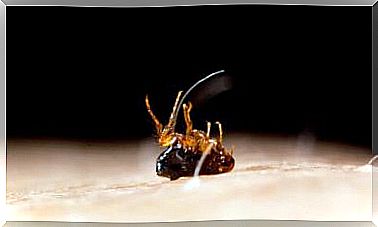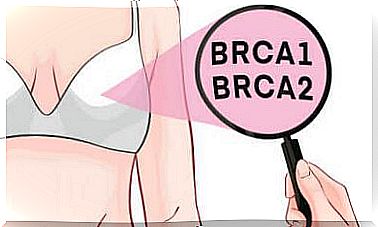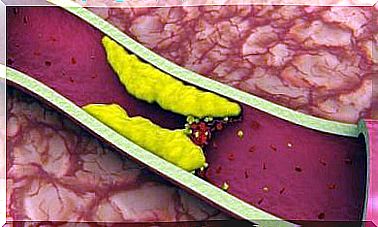Hydrogel Film Can Improve Eyesight
This hydrogel film is grown by the body’s own corneal cells and is therefore compatible with the patient’s cornea. This can prevent rejection by your own immune system.
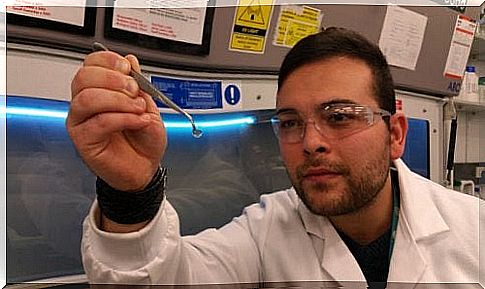
Let’s imagine a patient, Ms. Müller: She is 60 years old and suffers from damage to the cornea. If Ms. Müller does not treat this, sooner or later she will lose her eyesight or go blind.
To prevent this from happening, she is waiting for a corneal transplant, which, however, involves considerable risks.
Her eyesight does not improve despite the transplant, another procedure is necessary and Ms. Müller has to wait for a donor again.
Like Ms. Müller, millions of people depend on a corneal transplant in order not to lose their eyesight.
Donors are very difficult to find and in addition, the cornea, the front part of the outer skin of the eye, degenerates over the years.
Very often blindness is due to corneal damage. The cornea, by the way, contains most of the nerve endings in the entire body.
Scientists have long been trying to find an alternative solution to avoid having to rely on donors. This would also reduce the possible rejection of the foreign cornea.
Now researchers have taken an important step in this direction: Scientist Berkay Ozcelik (University of Melbourne, Australia) has developed a hydrogel that could restore vision to millions of people.
Ms. Müller could thus have a synthetic hydrogel film to preserve her eyesight without having to rely on a donor.
Then you will learn more about this new invention.
Hydrogel film as an alternative to the treatment of various corneal damage
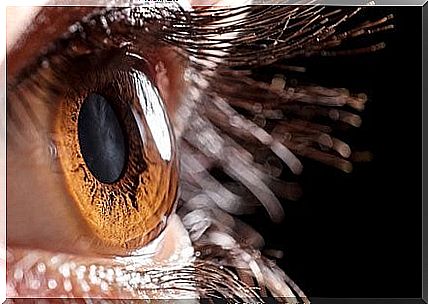
First, let’s briefly mention the functions of the cornea in order to better understand the importance of this new invention.
- The cornea is the outermost layer of the eye.
- It protects against pathogens, dust and other external elements.
- At the same time, it is necessary to be able to see clearly. When the cornea hardens and loses its elasticity, you can no longer perceive the environment properly.
- A healthy cornea is moist and transparent. You can slow down the natural aging process.
Cornea for good eyesight
When organ donations are mentioned, the first thing that comes to mind is vital organs such as the heart, liver, kidneys …
- What not everyone knows, however, is that corneal donations are also of the utmost importance in order to enable people to regain their lost vision.
- This is why the Australian researcher’s invention is wonderful, it could help millions of people not to lose their sight.
- It would no longer be necessary to wait for a donation in order to insert a new cornea into the patient and to take the risk of possible rejection. It should not be forgotten that a second transplant is often necessary.
The hydrogel film is compatible with everyone, because it is developed on the basis of the stem cells of each patient, so rejection can be prevented.
But how does it work? Read on, we will explain more details afterwards.
Hydrogel cornea – what is it?
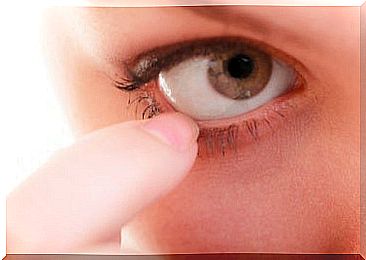
The hydrogel film, which replaces the diseased cornea, is produced as follows:
- The hydrogel layer cultivates the endothelial cells of the cornea in the laboratory. For this purpose, ADN samples are taken from the patient in order to avoid rejection.
- The cells grow on a hydrogel layer, which is then inserted into the patient’s eye through a barely noticeable incision.
- New cells have the ability to activate the supply of water and oxygen to the new cornea in order to keep it moist and transparent.
- The hydrogel layer is thinner than a human hair (50 micro) and disappears on its own within a few months, while the cells continue to function without the need for the hydrogel layer.
You should create a permanent cornea. So that no rejection is caused because the immune system is not recognized as a foreign body.
Future prospects of eyesight
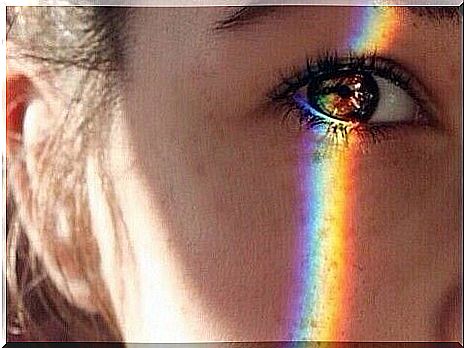
The laboratory tests have already proven to be very successful. Many media speak of an efficient method against blindness caused by certain diseases.
However, scientist Berkay Ozcelik wants to be careful with his statements:
- In two months’ time the team will begin human experiments, and the scientific community is eagerly awaiting the results.
- The cultivation of corneal cells can be the key to the hope of millions of people who are already blind or have poor vision due to corneal damage.
It would be wonderful if patients no longer had to depend on a donation to maintain their eyesight. We will continue to monitor this new technique and hope that it will soon find practical application.

